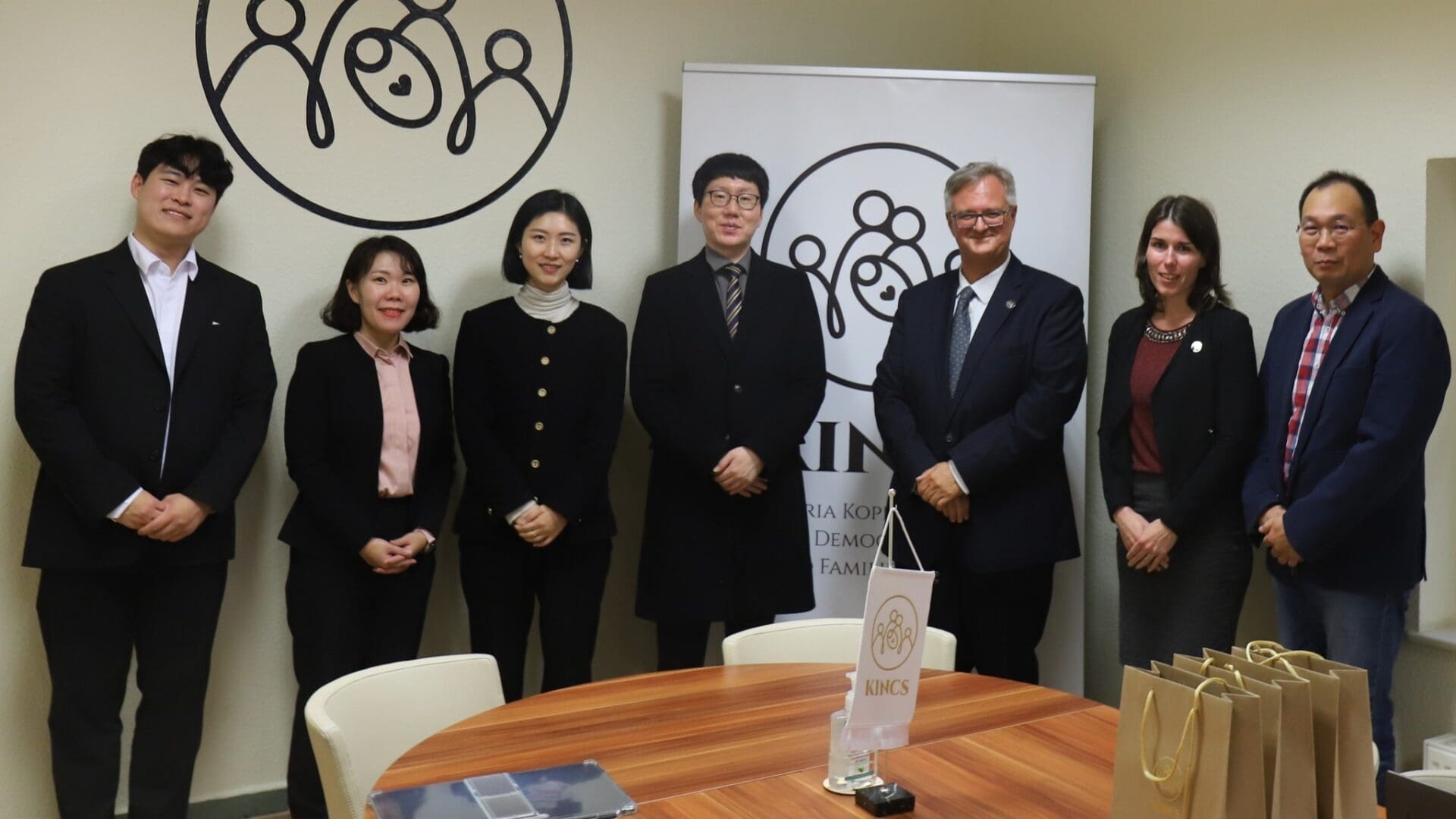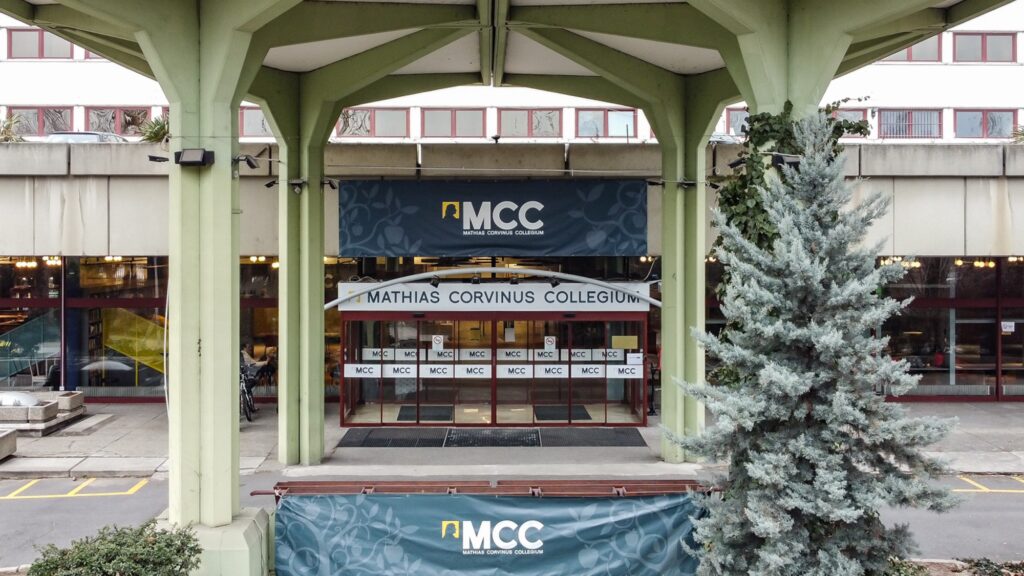Over the past fourteen years Hungary has built one of the most comprehensive family support systems in the world, which is now of interest to international attention. The family support system, which has been continuously expanding since 2010, is often seen as an example, and many of our family-friendly measures have attracted attention from the United States to Europe to the countries of the Far East. In order to become acquainted with and study Hungarian family policy, family-friendly countries constantly consult with government organizations, including the Mária Kopp Institute for Demography and Families (KINCS), which has been operating since 2018. It carries out such domestic and international activities and conducts policy analyses and research that can lay the foundation for state policies that serve the cause of families and demography. Over the past six years, the Mária Kopp Institute has hosted delegations interested in family and demography policy on numerous occasions, with the aim of familiarizing foreign countries with the Hungarian model.
Poland and Hungary have long been natural allies of each other, so they see the issue of family and demography problems similarly in many ways. The good relationship between the two countries also paved the way for cooperation in family science research, so our institute concluded a professional agreement with the Institute of Family and Social Science Studies in Poznań, which serves the sharing of knowledge and scientific research cooperation in the field of family policy and demography. The cooperation agreement concluded with the Institute of Advanced Family Studies of the International University of Catalonia also aims at scientific work and the exchange of experience, which includes the creation of joint publications and educational materials, the provision of mutual publication opportunities, and the organization of expert meetings and scientific conferences.
In recent years, Hungarian family policy has been noticed in the United States and Canada, and it has been praised on numerous occasions in front of a wide audience. Recently, for example, Canadian clinical psychologist Jordan B. Peterson praised the government’s measures on X (formerly known as Twitter), stressing that
Hungarian family policy is the most thoroughly considered family policy
that he has ever encountered. Similarly, Tesla CEO Elon Musk and former Fox News host Tucker Carlson also spoke highly of family-friendly measures, especially the lifelong tax exemption of mothers raising four or more children.
Since its foundation, KINCS has also had several opportunities to present the Hungarian family support system to overseas experts. One such occasion was the 2022 Hungarian Summit, where, among other issues, innovative solutions for Hungarian family policy were discussed, as well as support available to Hungarian families in the United States. A year later, we were able to welcome American foreign affairs expert Dr Shea Bradley-Farrell and her husband, Chris Farrell, Director of Judicial Watch, to our institute, who were informed about the basic principles, characteristics and results of Hungarian family policy.
There is also a keen interest in family-friendly measures from countries of the Far East. Since 2018, representatives of several Korean and Japanese municipalities, research institutes and NGOs have visited KINCS, such as a delegation from the municipality of the Korean city of Gumi-si, members of the municipality of Gyeong-nam County, or representatives of the Japanese Matsushita Institute of Government and Management.
The Mária Kopp Institute wishes to provide a meeting opportunity for decision-makers, opinion-formers and experts
who are committed to respecting family as a value; therefore, every year since 2019, we have organized the meeting of the Executive Network for Family Values. Last November, the Executive Network for Family Values met in the framework of a hybrid meeting; the event was attended by representatives of almost thirty organizations from ten countries. At the fifth meeting, we discussed the upcoming European Parliament elections, global and European demographic trends, the current challenges facing Europe, and the solutions provided to them. The priorities of Hungary’s upcoming Presidency of the Council of the European Union were also examined, among which demographic challenges will be a prominent topic. In 2024, KINCS will also initiate a dialogue between key actors of family policy; therefore, we will organize the international meeting again in the fall.







